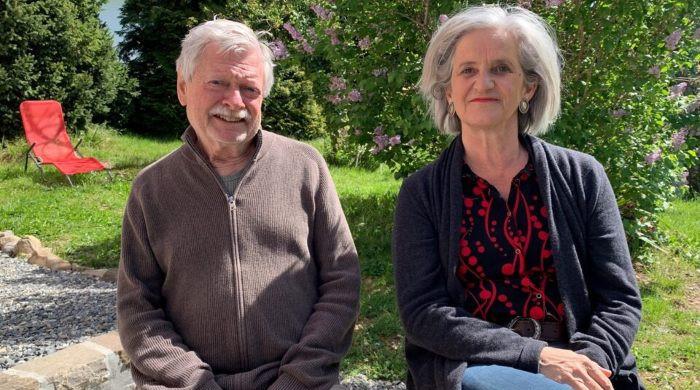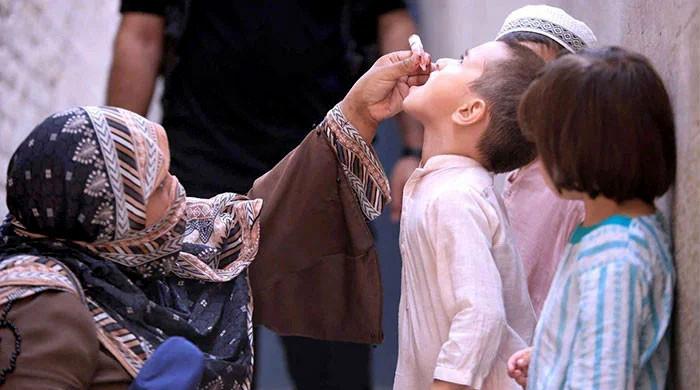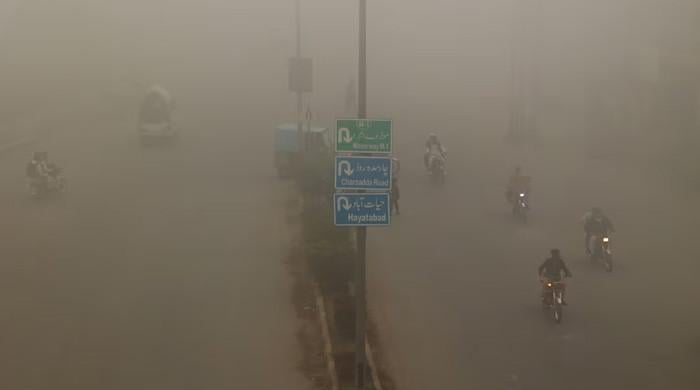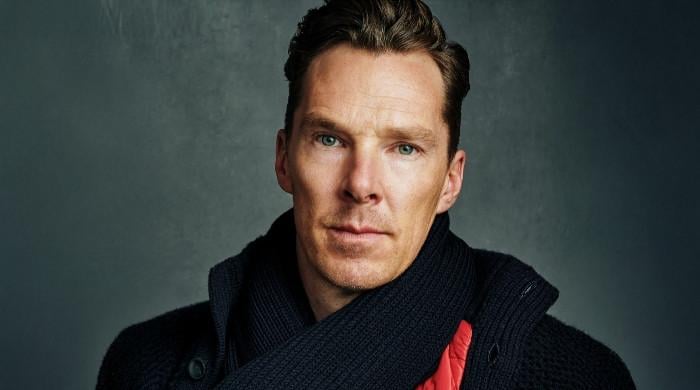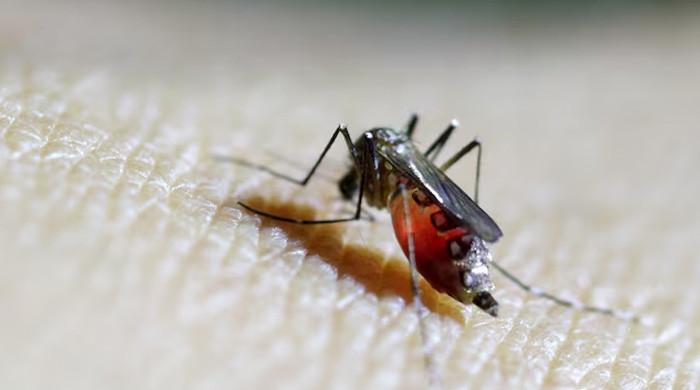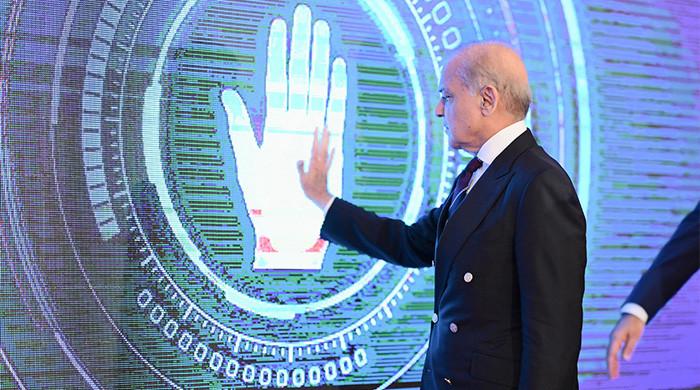Top Indian virologist resigns from government panel over differences on COVID-19 handling
Shahid Jameel, chair of the scientific advisory group of the forum known as INSACOG, declined to give a reason for his resignation
May 17, 2021
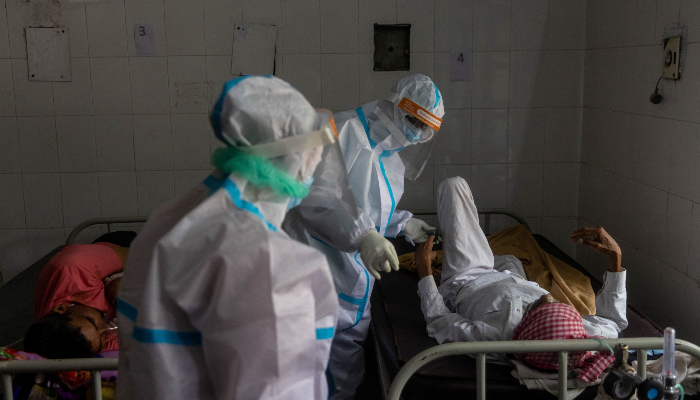
- A top Indian virologist has resigned from a forum of scientific advisers set up by the government.
- Shahid Jameel, chair of the scientific advisory group of the forum known as INSACOG, has declined to give a reason for his resignation.
- The variant, B.1.617, is one of the reasons India is currently battling the world's worst surge in COVID-19 cases.
A top Indian virologist has resigned from a forum of scientific advisers set up by the government to detect variants of the coronavirus, he told Reuters on Sunday, weeks after questioning the authorities' handling of the pandemic.
Shahid Jameel, chair of the scientific advisory group of the forum known as INSACOG, declined to give a reason for his resignation.
"I am not obliged to give a reason," he said in a text message, adding that he quit on Friday.
Renu Swarup, the secretary of the Department of Biotechnology that oversees INSACOG, did not immediately respond to a request for comment. Health Minister Harsh Vardhan also did not immediately respond to a text message seeking comment.
Another INSACOG member said he was not aware of any direct disagreements between Jameel and the government.
A top government scientist who is part of the forum said, on the condition of anonymity, that he did not think the departure of Jameel would hamper INSACOG's monitoring of virus variants.
Read more: India reports 4,000 daily COVID-19 deaths amid deadly virus situation
Reuters reported earlier this month that INSACOG, the Indian SARS-CoV-2 Genetics Consortium, warned government officials in early March of a new and more contagious variant of the coronavirus taking hold in the country. The variant, B.1.617, is one of the reasons India is currently battling the world's worst surge in COVID-19 cases.
Asked why the government did not respond more forcefully to the findings, for example by restricting large gatherings, Jameel had told Reuters that he was concerned that authorities were not paying enough attention to the evidence as they set policy.




